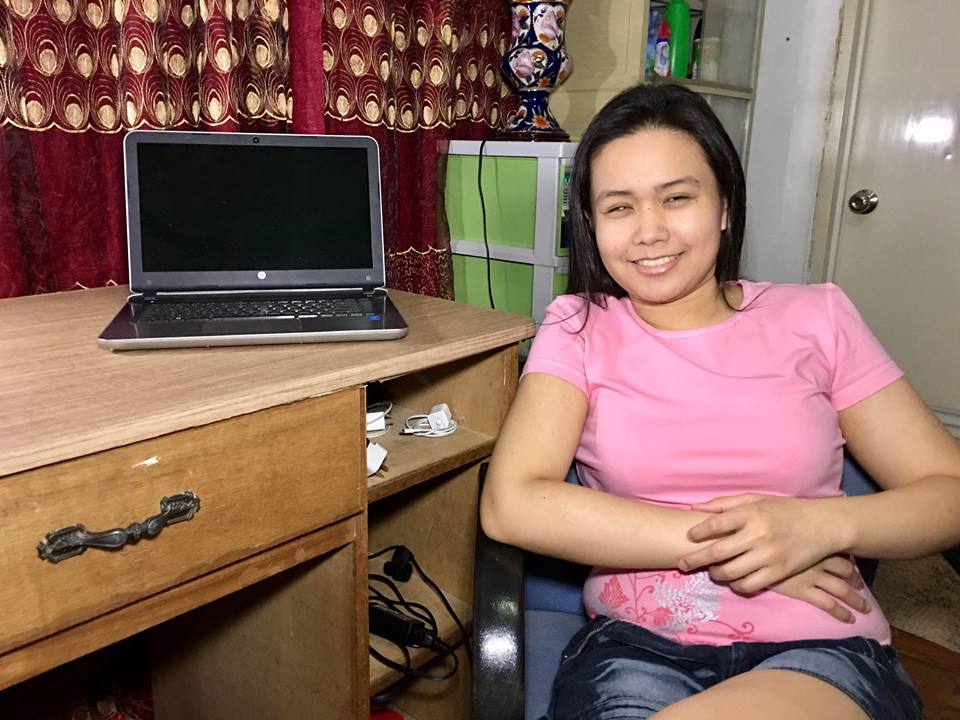“For people with special needs like me, the digital world is an avenue for us to be able to lead a fulfilling life,” said Rhea Guntalilib, a 28-year-old programmer at Smart Communications Inc.
10 years ago, Rhea was diagnosed with Systemic Lupus Erythematosu (SLE). Then 17, she was going to nursing school and excited about making a difference in others’ lives. All these changed when she completely lost her sight to the disease.
“My life literally turned upside down. I could no longer do the things I loved doing,” she said, describing herself as having been an active teen who loved the outdoors. “Adjustment and acceptance did not come easy. But thanks to support from my family and friends and the opportunities technology offers, I was able to embrace my new normal.”
One of the steps Rhea took in her journey towards accepting her new life involved picking up new skills at Adaptive Technology for Rehabilitation, Integration and Empowerment of the Visually Impaired (ATRIEV), a nonprofit that provides computer education for the blind.
As part of a medical transcription course, Rhea took a Digital Literacy module that opened her up to accessibility technologies for the visually impaired and the world of computer science. When she received a scholarship offer for her to take Information Technology and Computer Science in university, Rhea grabbed the opportunity.
The logical analysis and critical thinking that programming and computer science are all about appealed strongly to Rhea. These skills kept her going even through tougher subjects, such as flowcharting, which is more visual-oriented. After completing the code for her first program, one to do with taxation, she was filled with an immense sense of pride, satisfaction, and hope.
“I realized then that despite being unable to see, programming allows me to do—and create—many things independently,” said Rhea. “The possibilities are endless.”
Upon graduation, Rhea secured a full-time job at Smart Communications Inc where she develops and manages databases for load dealers and retailers. Her current work-from-home setup allows her to juggle a second job at Simply Accessible. As an accessibility tester, she runs pre- and post-development tests on client platforms using multiple screenreaders, and provides feedback and recommendations based on WCAG 2.0 standards and her experience as a user.
In her remaining free time, she volunteers at ATRIEV—her way of paying the help she had received from others forward. She provided demo lessons, examples, and activity suggestions for an introductory course to computer science, part of the Coding for Accessibility project, a YouthSpark Program. Using tools such as Microsoft Word and Excel, she also regularly conducts basic digital literacy classes.
Rhea thinks she’ll never tire of sharing her skills and knowledge. “To be a part of their journeys in overcoming their disabilities and insecurities to regain confidence is an honor and privilege,” she describes.
“A digital world for all,” said Rhea. “Like Simply Accessible, that’s what I’m advocating for. I know how overwhelming and discouraging it can be when accessibility issues get in the way. I want to be part of making the world a more accessible place for all users, especially those with different abilities. With technology, I know that this is possible.”
Find out more about how Microsoft is working with ATRIEV, and Microsoft accessibility tools.





